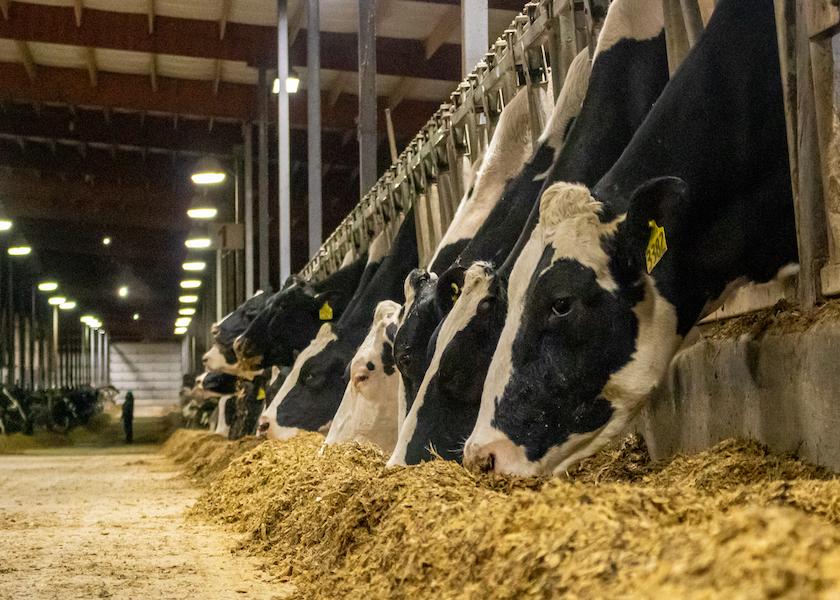Does Dam Health Affect Daughter Performance? Maybe Not

Have you ever had a cow come down with a disease while she was pregnant? Probably so. But have you ever wondered if the calf that cow was carrying while she was ill will have health or performance issues later down the road? According to a study from the University of Guelph, there may be no reason to be concerned.
Animal biosciences graduate student Murilo Carvalho and professor Eduardo Ribeiro have discovered that offspring from cows who have experienced disease are less likely to become ill themselves.
“Considering that clinical disease weakened dairy cow performance, including fertility, our question was whether heifers would be affected by diseases their mother may have had even before they were pregnant,” Ribeiro says.
The duo gathered data from a large commercial herd in Florida where they observed three different groups of cows born over a 16-month period. The pair collected statistics from both first-calf heifers and multiparous dams, that either had or didn’t have one or more clinical diseases during their previous lactation.
More than 1,800 heifers were part of the study. Their genetic makeup and physical characteristics were recorded, along with their disease events, reproductive performance, and culling from birth until first lactation.
According to the researchers, heifers born from both disease free and dams who previously had a disease were similar in calving size, gestation period and genetic milk production potential. However, the heifers born from dams who previously had a disease were more likely to be culled—or removed—from the herd, even though they were less likely to develop disease compared to the heifers of the disease-free dams.
While there is no known reason for this correlation, the researchers want to discover the mechanisms behind this association. Such improved disease resistance would benefit commercial producers economically, improve animal welfare and could potentially reduce antibiotic use on farms, according to the University of Guelph.
“If we can understand how this disease resistance is modulated by genetic and nongenetic factors, including those occurring in utero, perhaps we can propose novel management strategies that would improve disease resistance in heifers without their dams experiencing disease in the first place,” Ribeiro says.







